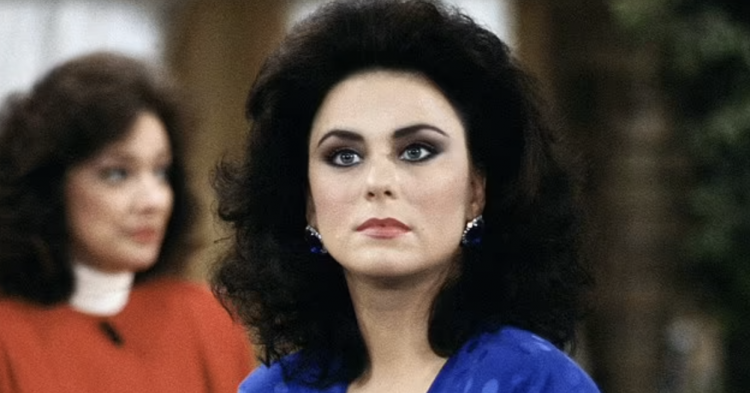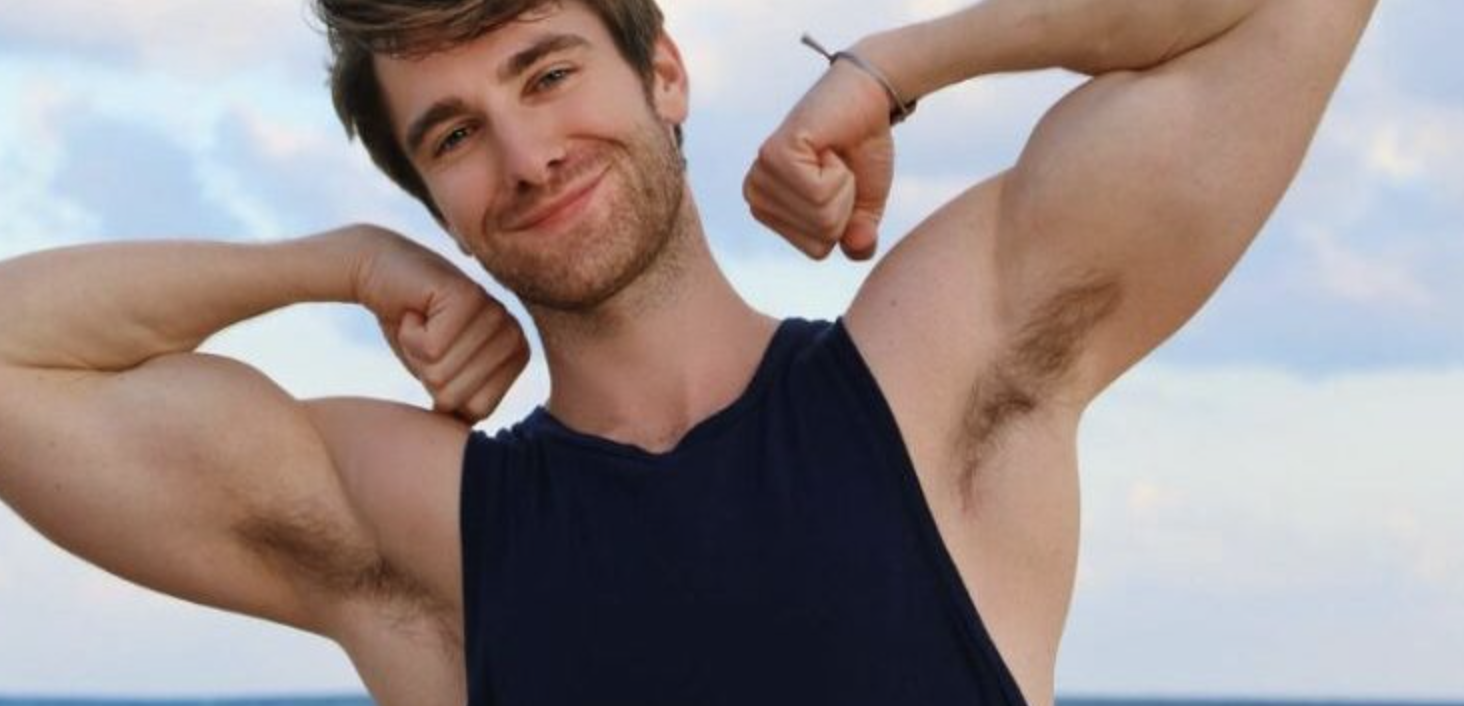In a recent revelation, the once-reclusive sitcom luminary Delta Burke opened up about her arduous journey as an actress in the 1980s, shedding light on both her mental and physical struggles, including a tumultuous battle with crystal meth addiction.

During her heyday, Burke, now 67, gained widespread recognition for her portrayal of a former beauty queen on the CBS sitcom “Designing Women.” However, behind the glamour of her on-screen persona, Burke faced a harrowing reality. Recalling her time on the show, she described feeling trapped and marginalized, lamenting that she was treated more like a servant than a valued member of the cast.
The tipping point came when Burke voiced her grievances about the deteriorating atmosphere on set in a candid 1990 interview with Barbara Walters. Her outspokenness led to her abrupt departure from the show the following year, marking the end of her five-year tenure as the vivacious divorcee Suzanne Sugarbaker.
In a recent interview on the podcast “Glamorous Trash” hosted by Chelsea Devantez, Burke reflected on her tumultuous journey, revealing for the first time the depth of her struggles. She confessed that despite her initial excitement about being part of “Designing Women,” her enthusiasm waned as she grappled with mounting pressure and scrutiny.
“I wanted to leave,” Burke confessed, her voice tinged with regret. “But I wasn’t allowed to. I don’t know what would have happened to me if I had been allowed to leave… It got ugly and very sad.”
Burke’s candor extended to her personal life as well. Despite living in Los Angeles with her husband, actor Gerald McRaney, for over three decades, rumors swirled that McRaney was to blame for her professional woes. Burke vehemently denied these allegations, emphasizing the strength of their bond and the newfound happiness she has found in their enduring marriage.
“I love my life truly for the first time,” Burke declared, her voice filled with conviction. “And I love him desperately.”
However, the road to contentment was fraught with obstacles for Burke. She revealed that relentless scrutiny over her appearance, particularly her weight, took a toll on her self-esteem, pushing her into a downward spiral of addiction. Burke admitted that she turned to prescription pills, commonly known as “Black Beauties,” as a coping mechanism before eventually succumbing to the allure of crystal meth as a means of weight loss.
“They were like medicine to me,” Burke confessed, her tone laced with remorse. “Nobody knew about [it] at the time.”
As Burke delved deeper into her struggles, she recounted the dark days when she would consume crystal meth before filming, depriving herself of food for days on end. Despite her efforts to conform to Hollywood’s unrealistic standards of beauty, Burke found herself trapped in a cycle of self-destructive behavior, haunted by incessant criticism about her physique.
“I remember on the set, when it got to be really bad, and I wasn’t handling it well with a smiling face, my whole body language changed,” Burke recalled, her voice trembling with emotion. “I would kind of hunch over… I just tried to disappear.”
Looking back on her tumultuous journey, Burke expressed regret over the toll it took on her well-being. She lamented the toxic culture of perfectionism in Hollywood, where actresses are subjected to relentless scrutiny and unrealistic expectations.
“They were still saying, ‘Your butt’s too big. Your legs are too big,’” Burke recounted, her voice tinged with bitterness. “And I now look back at those pictures and go, ‘I was a freaking goddess.’”
Despite the adversity she faced, Burke remains resilient, determined to reclaim her narrative and advocate for greater awareness of mental health issues in the entertainment industry. As she continues to navigate life beyond the spotlight, Burke hopes that her story will inspire others to prioritize self-care and seek support in times of struggle.
In a world that often prioritizes image over authenticity, Burke’s courage to speak her truth serves as a poignant reminder of the power of resilience and self-acceptance. As she embarks on the next chapter of her journey, Burke remains an inspiration to all who dare to defy the constraints of societal expectations and embrace their true selves.




